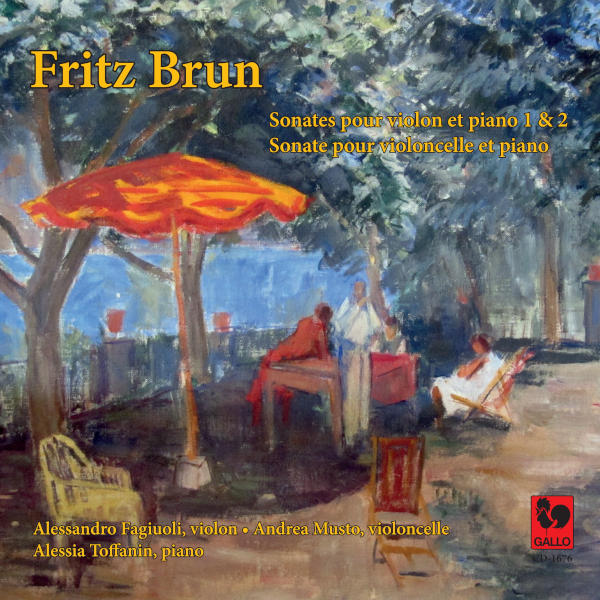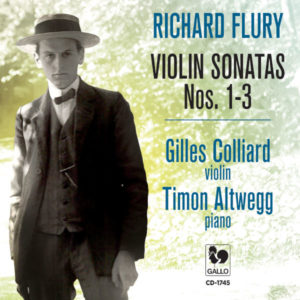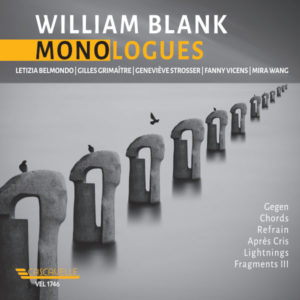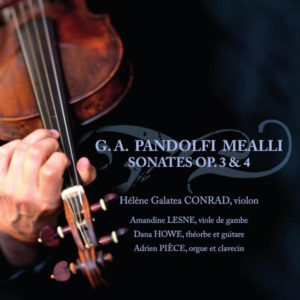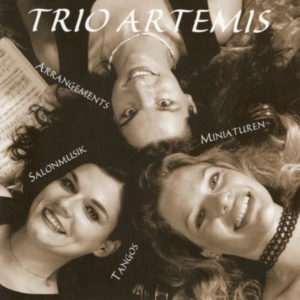Extraits / Excerpts
Brun: Violin Sonata No. 1 in D Minor - Violin Sonata No. 2 in D Major - Cello Sonata in F Minor - Alessandro Fagiuoli - Alessia Toffanin - Andrea Musto
Fritz BRUN: Violin Sonata No. 1 in D Minor: I. Sehr leidenschaftlich und frei im Vortrag – II. Langsam und sehnsüchtig – III. Lebhaft – Violin Sonata No. 2 in D Major: I. Allegro moderato – II. Vivace – III. Allegro non troppo – Cello Sonata in F Minor: I. Allegro appassionato – II. Grave – III. Allegro vivace.
Alessandro Fagiuoli, Violin – Andrea Musto, Cello – Alessia Toffanin, Piano.
Let me start at the end, in 1959, the year of Fritz Brun’s death. For the year 1959 seems to mark a tragic watershed in the history of classical music. In this year, a generation of composers died, almost all of whom wrote tonal music (both romantic and neoclassical), such as Egon Kornauth, Heitor Villa-Lobos, Eric Zeisl, George Antheil and Bohuslav Martinů (who passed away in Liestal, Switzerland). In the 1950s and 1960s, years of politicised musical experimentation, and in the years of protest until the early 1980s, most of these names were destined to disappear almost completely from concert halls and recording studios.
Things were no better in the more musically conservative Switzerland: 1959 was the year of the passing of Friedrich Niggli, Raffaele d’Alessandro, Ernest Bloch (albeit in faraway Portland) and of Fritz Brun.
Brun’s music was undoubtedly influenced by Romanticism, with a certain openness to Neoclassicism, but with a total rejection of dodecaphony, serialism and the post-war avant-garde in all its offshoots. It was romantic above all in the belief, to which the composer remained true throughout his life, that sentiment and personal emotions are the stuff that music is made of. Not sentimentalism, but rather the sublimation of emotions and personal experience, far removed from programmatic music and as free as possible from any major biographical explanations.
Mauro Piccinini
- Categories
- Composers
- Interprets
- Booklet
